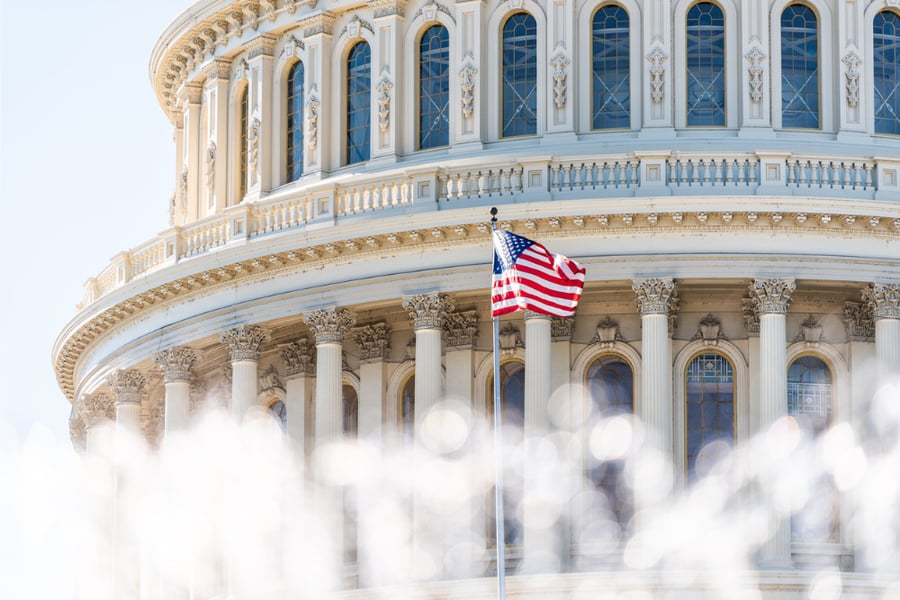Lawmakers are urging the FHFA to extend the comment period on the proposal to allow "more thoughtful feedback" on its likely effects

Senate Democrats are pushing the director of the Federal Housing Finance Agency to extend the comment period for a proposed new capital framework for Fannie Mae and Freddie Mac.
On Tuesday, Sen. Sherrod Brown (D-Ohio), ranking member of the Senate Banking Committee, and nine other Senate Democrats sent a letter to FHFA Director Mark Calabria urging him to “allow for more thoughtful feedback” on the new rule, which they said was too complex for the original 60-day comment period to allow for meaningful input from all stakeholders.
In a report to Congress in June, Calabria said that Fannie and Freddie were “inarguably undercapitalized for their size, risk, and systemic importance,” and that the GSEs would not be able to withstand a serious economic downturn. Calabria said the new capital requirement – outlined in a 424-page rule released for public comment May 20 – would require Fannie and Freddie to become “safe and sound” financial institutions in order to exit conservatorship. This means they would be required to have enough capital to enable them to weather economic downturns.
However, Brown and his fellow senators said the rule needed to be more carefully scrutinized before implementation.
“The capital framework that FHFA ultimately adopts will affect not just the Enterprises but the entire housing finance system and the millions of homeowners and renters who depend on it,” they wrote. “It will help determine what types of loan products are available, to whom, through which channels, and at what price. It will also determine what types of resources the Enterprises have to continue serving all parts of the housing market at all times. We must all understand the effects of the rule on renters and homeowners, especially those who have historically been underserved by our housing finance system, before a final rule is adopted.”
The senators said that they did not believe that 60 days was enough time “for all stakeholders to thoroughly review” the proposal – especially during a pandemic.
“The coronavirus pandemic has required the entire country to turn its attention to adapting to new work environments, prioritizing health, and responding to the economic needs of the millions of families who are struggling to stay in their homes,” they wrote. “Stakeholders wishing to provide comment on this critical rule will not have the time and attention that they otherwise might give to analyzing and providing insights on the rule.”
The lawmakers also demanded that the FHFA provide an analysis of the effects the new rule would have “on various populations of homeowners and renters.”
“This includes the effects on small lenders and the affordable rental housing community,” they wrote.
Brown and his colleagues aren’t the first to voice concerns over the proposed rule. Last month, Rep. Maxine Waters (D-Calif.), Rep. William Lacy Clay (D-Mo.) and Rep. Denny Heck (D-Wash.) said in a letter to Calabria that the FHFA should prioritize economic recovery and delay the rule until after the pandemic had passed.
Waters, Clay and Heck also said they were “very concerned” that the new capital rule would slow the nation’s economic recovery from the COVID-19 crisis by increasing borrowing costs and hampering the GSEs’ ability to provide liquidity for the housing market. They further said that they were concerned that the new rule would negatively impact minority borrowers.



